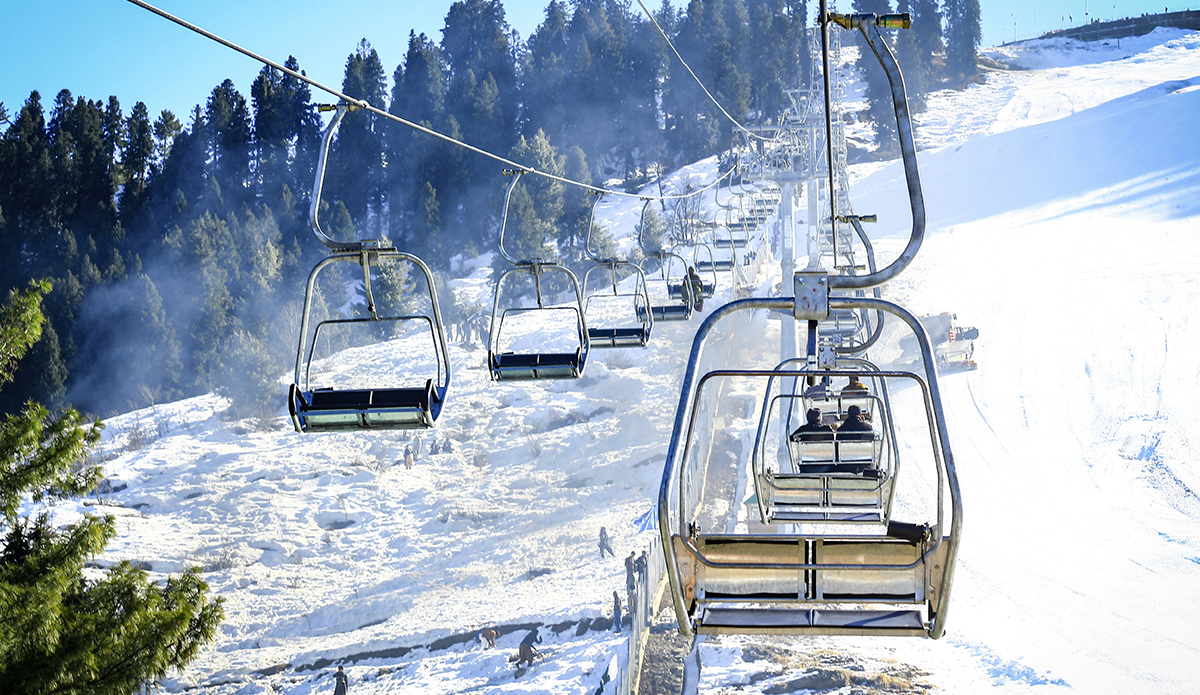
Photo: Anis Rahman // Unsplash
Annie Miller and her father, Mike, were on the first day of a ski vacation with their church group in 2022, when disaster struck. While attempting to ride the Paradise Express lift at Crested Butte Mountain Resort (CBMR), Annie slipped from the chair and was left hanging for her life, 30 feet above the hard-packed snow. They called to nearby employees for help, but the lift continued to run until she lost her grip. The fall shattered her C7 vertebrae, bruised her heart, lacerated her liver and injured her lungs. She was paralyzed from the chest down.
As standard practice at resorts like CBMR, the Millers had signed a liability waiver. The waiver stated, among other stipulations, that “I expressly acknowledge and assume all additional risks and dangers that may result in property damage, physical injury and/or death… including but not limited to… the negligence or failure of Participant, Ski Area employees, or other guests to act safely… misloading, entanglements, or falls from ski lifts.” Under the Colorado Ski Safety act, such waivers have been used dozens of times to protect ski resorts from lawsuits by injured skiers.
However, in December of 2022, the Miller family filed a lawsuit in Broomfield County District court against CBMR and its owner, Vail Resorts. The Millers alleged that the failure of CBMR employees to stop the ski lift at the first sign of danger constituted gross negligence and “willful and wanton conduct,” which would violate the Ski Safety Act and Passenger Tramway Safety Act.
A lower court initially sided with the resort. It deemed the waivers were enforceable and dismissed two of the three negligence claims. However, Miller appealed that order to the state supreme court, which partially overturned the decision in a 5-2 ruling. The court ruled that, while the Ski Safety Act protections apply to “the inherent dangers and risks of skiing,” chairlift accidents are not necessarily included in that definition.
“We conclude that Crested Butte may not absolve itself, by way of private release agreements, of liability for violations of the statutory and regulatory duties on which Miller’s negligence per se claim is based. Accordingly, the district court erred in dismissing that claim,” ruled the justices. According to the Colorado Sun, it is the first time the state’s highest court has ruled against liability waivers in a skiing case.
However, that does not mean the case is over yet. Now that the legal question of what parts of the case move forward to trial are settled, the case will be sent back to the lower court in Broomfield County. It may be months or years until it sees a conclusion.

